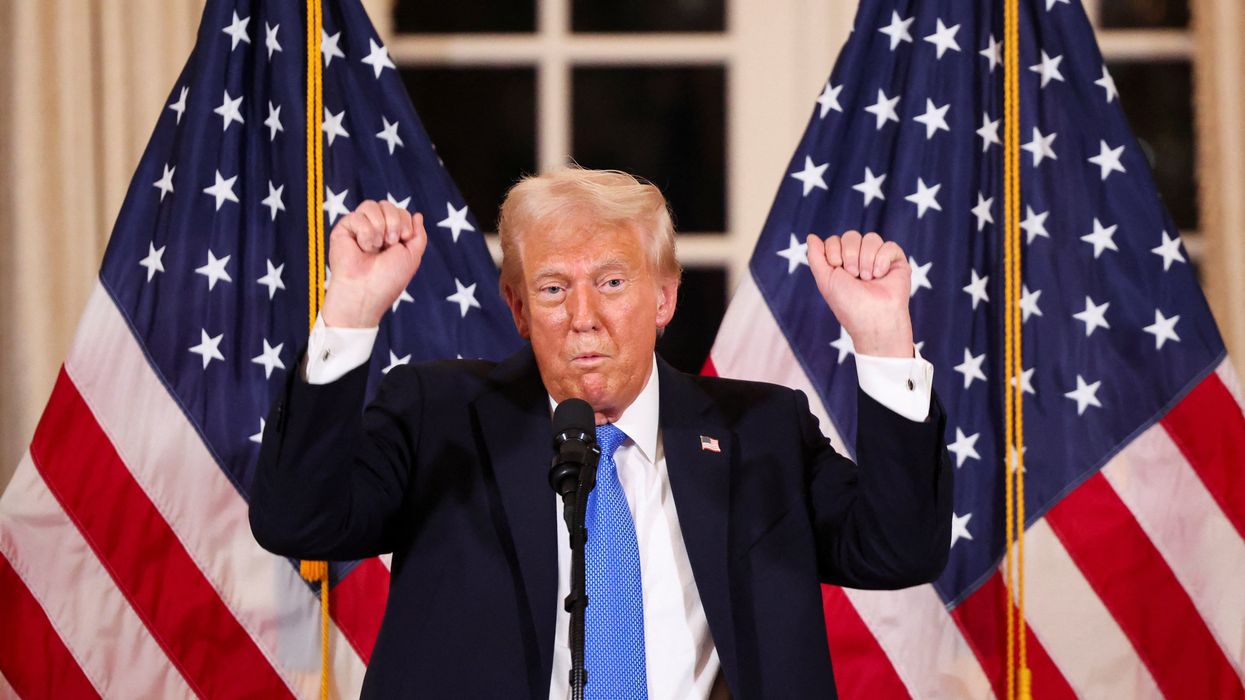The affluent Arab Gulf nations are said to be more equipped than many parts of the world to handle the economic consequences of a series of sweeping global tariffs imposed by President Donald Trump, most of which were later "paused."
In an article in Semafor published Monday, economic analyst Omar Al-Ubaydli said the Gulf region would do well to "buy time" while the countries assess their options.
"The tariffs do not have a large direct effect on the Gulf due to the region’s eastward trade outlook, so there is little to be gained from expending political capital with Washington for exemptions. The Gulf is affected indirectly due to lower oil prices or as a result of a global economic slowdown, but this is independent of any decision or action the region can make," wrote Al-Ubaydli, who is a senior fellow at the Bahrain Center for Strategic, International, and Energy Studies.
ALSO READ: 'Hurting American businesses': Trump’s 'tariff agenda' could cause 'painful rupture' among Republicans
He said if Gulf countries can "close ranks and master the art of non-committal diplomatic flattery, there is a chance that something close to the pre-April status will resume, thereby allowing Gulf countries to maintain their high levels of integration with all elements of the global economy."
The author further noted that Trump's plan is facing challenges domestically, and the response to the tariff policy gave the president a "reality check."
"The world’s largest economy is teetering on the edge of recession, and the sharp decline in stock prices caused by the first round of tariffs indicates that the business community strongly opposes the new strategy. Trump’s decision to suspend most tariffs for 90 days is a result of this reality check," Al-Ubaydli said in the article.
He added that Trump will need to have a "combination of carrots and sticks" for his policy to work.
ALSO READ: The main reason Trump hit the pause on higher tariffs
"For now, he offers only sticks: American businesses and foreign countries will now have to pay a heavy price unless they submit to US plans, which include reindustrializing the American heartland to improve the country’s economic security. Like virtually all countries, the Gulf states have been hit with tariffs equaling 10% or more, in addition to levies on steel and aluminum," he added.
The author added that China has long been wanting to "decouple" from the US economy.
"It has cultivated strong economic relations with most countries in the world, and positioned itself at the heart of numerous complex supply chains," he said of China.
"As a result, bifurcating the world economy is incredibly painful for everyone, including the US."
ALSO READ: 'Just plain dumb': Trump’s smuggled fentanyl tariff mocked


